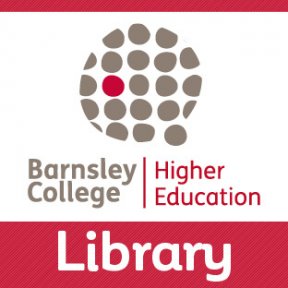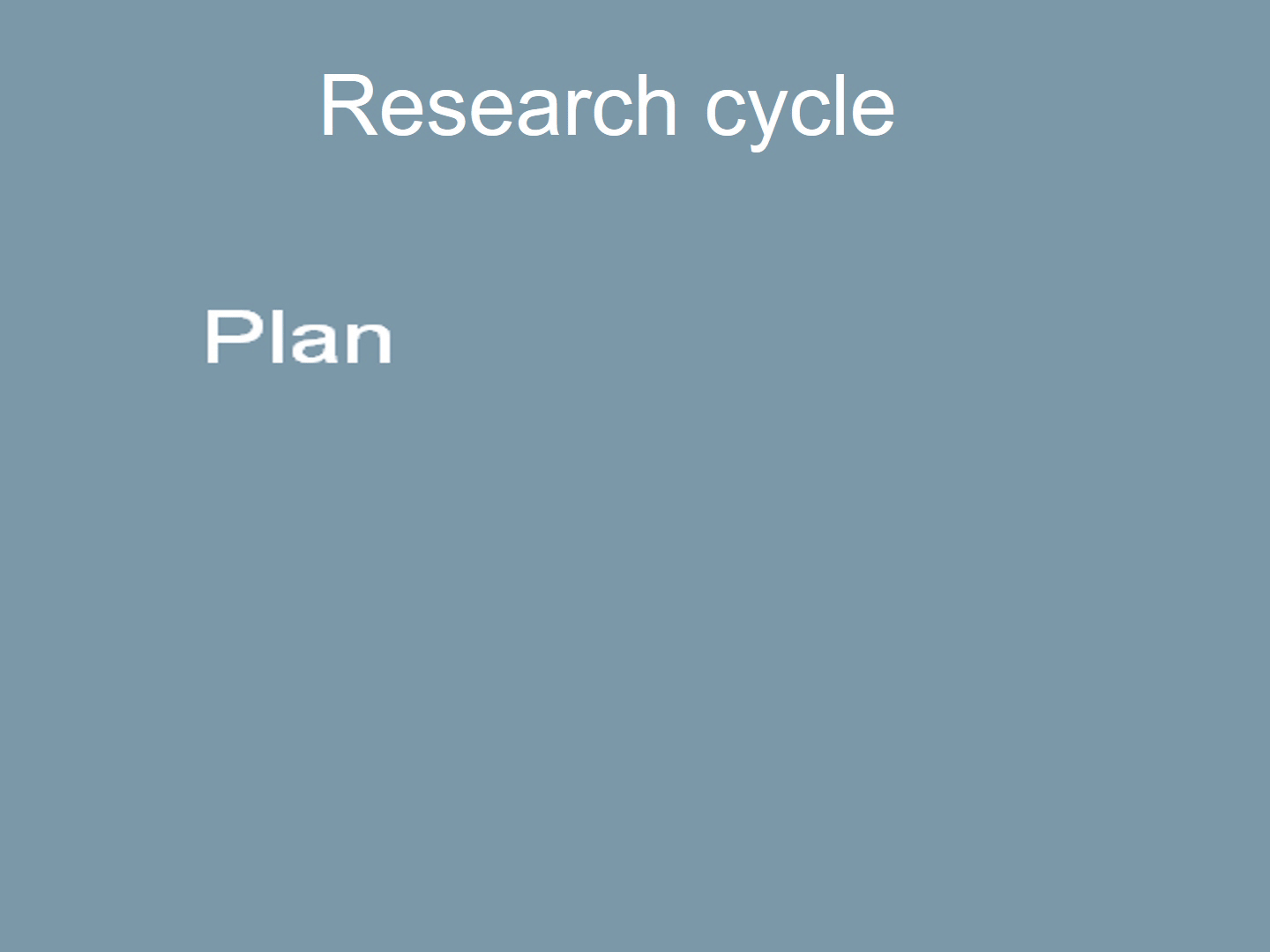In this section
Search with success
“If you fail to plan, you are planning to fail!” Benjamin Franklin
Don’t waste time. Don’t miss the best sources. To find the information you want, you need a plan!
- Read around the subject to get a clear overview. Textbooks are the best way to do this. Wikipedia may also help. When doing this note the names of experts and the words they use. Using the right search terms is the key to online search success and these words will be a good starting point.
- Think about the information you need. Not only the subject, but also the level. Do you need an introduction to get you started or more in depth research? What kind of information is going to support your argument? Are you most likely to find this in books or journal articles or on a website? Depending on the kind of source you are looking for, you will need to start your search from different search sites and use differing search strategies.
- All search sites work by matching your search terms against their contents. Wrong search terms, disappointing results. List other terms you might use in your search like alternative terms, broader and narrower terms (UWE Library). Mind mapping can be a good way to generate new search terms and ideas. Inspiration is a mind mapping program which is available on the PCs in the Library. Hull University has a good Introduction to mind mapping.
- Different search sites will understand your search terms in a different ways. Heritage, for example, works differently to Google. Academic search sites usually offer advanced search features to help you focus your results on the best sources. Check how your search site works to get the best results.
- Review your results. Do they suggest other search terms to use? Are there links to related sources or references? Do you need to be searching somewhere else completely?
Search Like a Pro
Go Further!
Godwin,J. (2014) Planning your essay (2nd ed.) Basingstoke: Palgrave Macmillan. pp23-29. Shelf number: 808.066 GOD
Williams, K. (2013) Planning your dissertation. Basingstoke: Palgrave Macmillan. pp39-54. Shelf number: 808.066 WIL
Quaratiello, A.R. (2011) The college student’s research companion: finding, evaluating, and citing the resources you need to see. New York: Neal-Schuman Publishers. Shelf number: 001.42 QUA
KEY Learning Points
- Start general and refine your sources and searches as your understanding of the topic deepens.
- When it comes to online searching, it is all about the search terms you use. Computers have vast memories, but you need to do the thinking for them!
- Don’t assume everything works in the same way as Google.
- Plan! If plan A doesn’t work, have a plan B.
- If you don’t find what you need, ask a librarian.
For further help contact: helibrary@barnsley.ac.uk
Opening Times
| Monday | Staffed 8.30am to 5pm; Self-service 5pm to 8.45pm |
|---|---|
| Tuesday | Staffed 8.30am to 5pm; Self-service 5pm to 8.45pm |
| Wednesday | Staffed 8.30am to 5pm; Self-service 5pm to 8.45pm |
| Thursday | Staffed 8.30am to 5pm; Self-service 5pm to 8.45pm |
| Friday | Staffed 8.30am to 4.30pm |
| Saturday | Closed |
| Sunday | Closed |
Find Us
Barnsley College, Church Street,
Barnsley,
S70 2YW
Barnsley,
S70 2YW
Contact Us
helibrary@barnsley.ac.uk
The Library desk 01226 216 334


